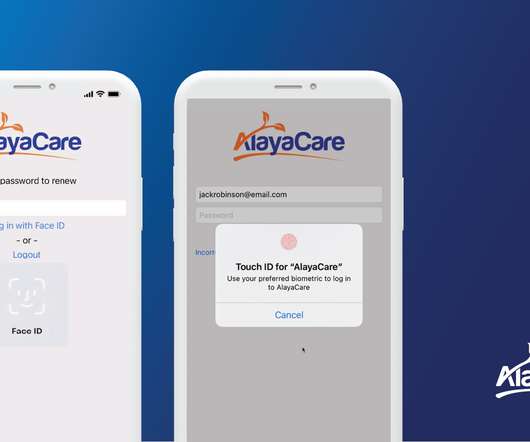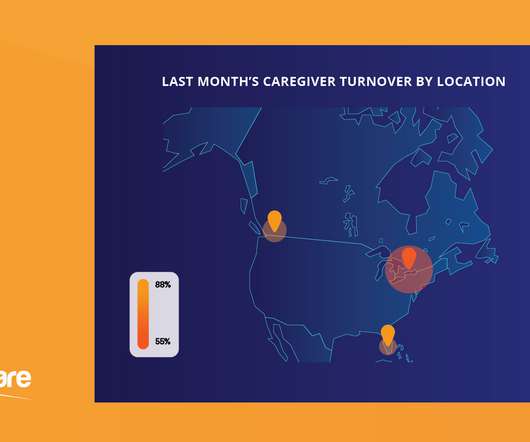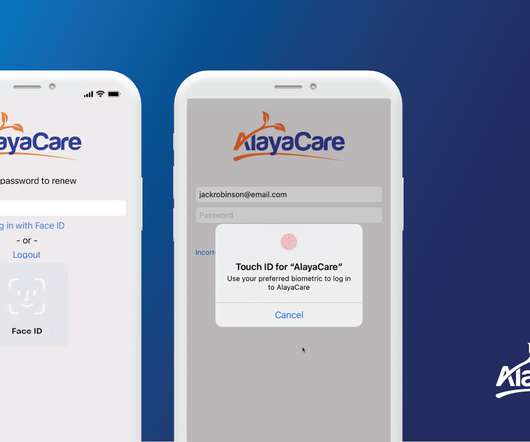AlayaCare Using Predictive Analytics to Increase Caregiver Retention
AlayaCare
JUNE 9, 2021
Employee Churn and Pandemic Primary Pain Points for Home Care Providers According to new research from AlayaCare , while COVID-19 remains the top challenge identified by home-based care operators, more than half of respondents specifically pointed to caregiver shortage and 45 per cent noted employee churn as critical pain points. AlayaLabs , AlayaCare’s data science team, is helping care agencies manage limited personnel resources and identify retention risks so that they can intervene before an






















Let's personalize your content